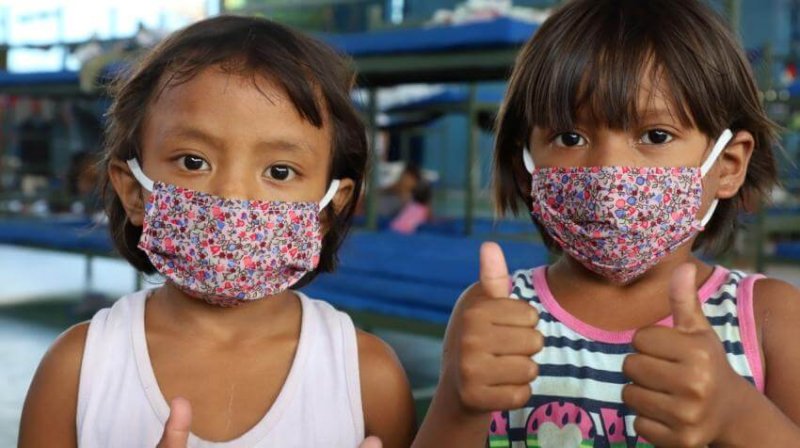Children have had a reduced risk not only of developing severe COVID-19 but also of being infected by SARS-CoV-2 in the first place. However, little is known about the molecular mechanisms that might be responsible for this protection.
In order to close the gap in this understanding, researchers compared the single-cell transcriptional landscape of the upper airways of adults and children. The results suggest that the airway immune cells of children are primed for virus sensing, resulting in a stronger early innate antiviral response to SARS-CoV-2 infection than in adults. These findings may take us one step closer to understanding why children have a higher capacity for controlling the initial stages of SARS-CoV-2 infection than adults.
The researchers, [founding director of the Center for Digital Health at Berlin Institute of Health Dr. Roland] Eils noted, expected to see marked differences in the antiviral capacity between infected children and adults. But, they were surprised to see that the activation of the antiviral defense mechanisms of the innate immune system were already observable in healthy children prior to infection. This pre-activation in healthy children helps them to immediately counteract SARS-CoV-2 infection, he asserted.































